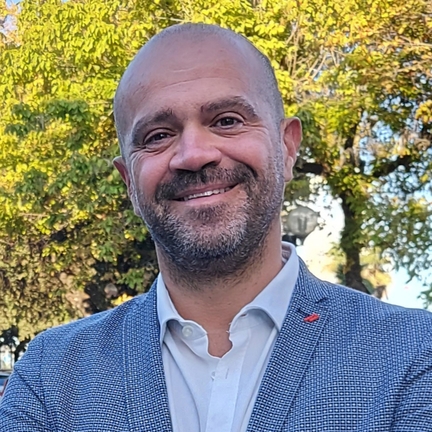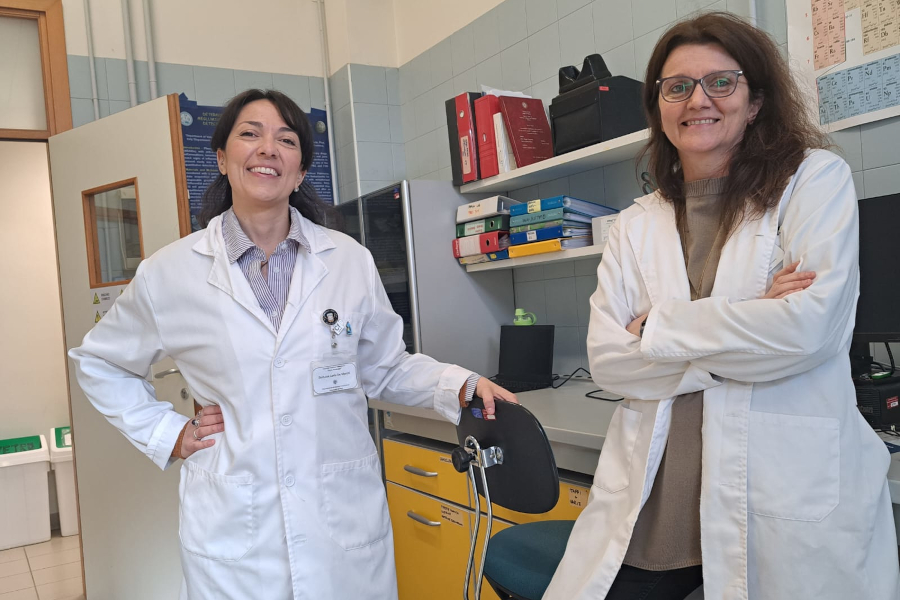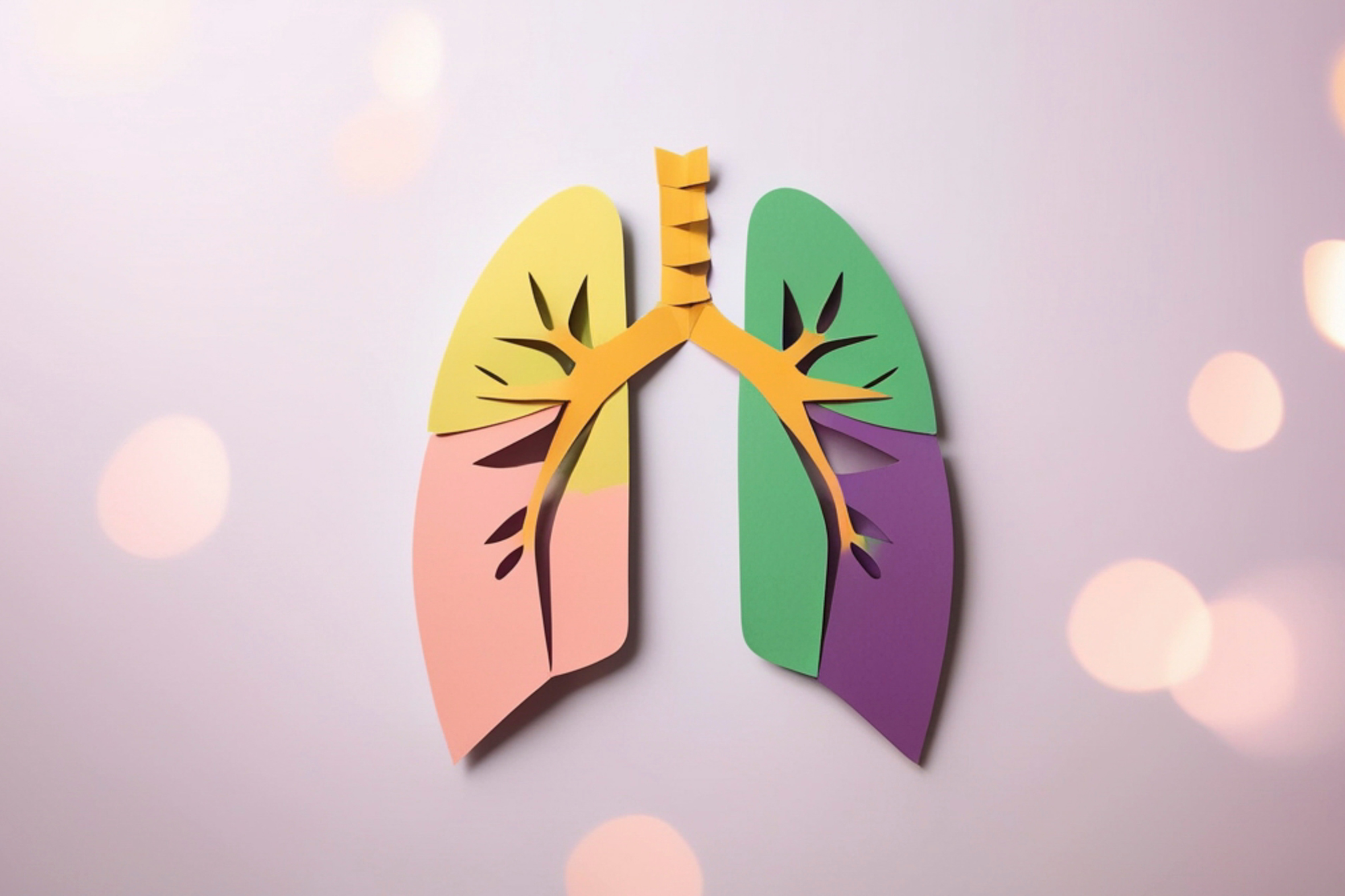To date, there have been no shared and truly effective guidelines on the use of melatonin in children with sleep disorders, and the available recommendations are often incomplete or inconsistent. Hence the significance of the joint study by the University of Pisa and IRCCS Fondazione Stella Maris, recently published in the international journal Sleep Medicine Reviews, which for the first time offers practical recommendations on dosage, timing of administration, and duration of treatment for maximum efficacy. According to the study’s findings, melatonin should be administered three hours before the desired bedtime—thus earlier than common practice—the most appropriate dose is between 2 and 4 mg per day, and the optimal treatment duration should extend over several weeks.
“Melatonin is a natural substance that our body produces under normal conditions and that, among its many functions, helps regulate the sleep–wake cycle,” explains Professor Ugo Faraguna of the University of Pisa and IRCCS Fondazione Stella Maris, co-author of the study. “In this work, we have demonstrated that the timing of administration is crucial and should be individualised; in general, however, it should be anticipated by a few hours compared with what is often indicated in the package leaflet.”
The study undertook a systematic review of the literature up to 30 April 2024, including 21 clinical trials on prepubertal boys and girls, with groups receiving melatonin and control groups given placebo. When administered according to the new recommendations, the treatment facilitated sleep in all patients, with the effect being most marked in children with neurodevelopmental disorders.
“When melatonin is taken as a drug or supplement, special caution is required, particularly in children, where therapeutic options are more limited than in adults,” Faraguna concludes. “Yet, despite its increasingly widespread use in paediatrics, there were no clear recommendations on how much melatonin to give, when to administer it relative to bedtime, or how long treatment should last. Our recommendations fill this gap, offering a practical and verifiable framework to guide both physicians and families.”
Ugo Faraguna, Associate Professor of Physiology at the University of Pisa’s Department of Translational Research and New Technologies in Medicine and Surgery, has been studying sleep and its disorders for many years. His work focuses on the link between sleep and brain plasticity, exploring how it affects learning and memory and how its disruption contributes to different conditions. Through his close collaboration with IRCCS Fondazione Stella Maris, he also investigates sleep disorders in children and adolescents. Alongside his clinical and research activities, he has helped develop innovative technological solutions, including artificial intelligence algorithms for analysing and monitoring sleep data.
The study was carried out by the University of Pisa and IRCCS Fondazione Stella Maris, in collaboration with Simone Bruno, Giovanni Cenerini, Letizia Lo Giudice, Francy Cruz-Sanabria, Davide Benedetti, Gabriele Masi and Alessio Crippa of the Karolinska Institutet in Stockholm, Simona Fiori of the University of Florence, and Raffaele Ferri of IRCCS Associazione Oasi Maria SS. ONLUS, current President of the World Sleep Society, which held its annual congress in Singapore from 5 to 10 September 2025.



